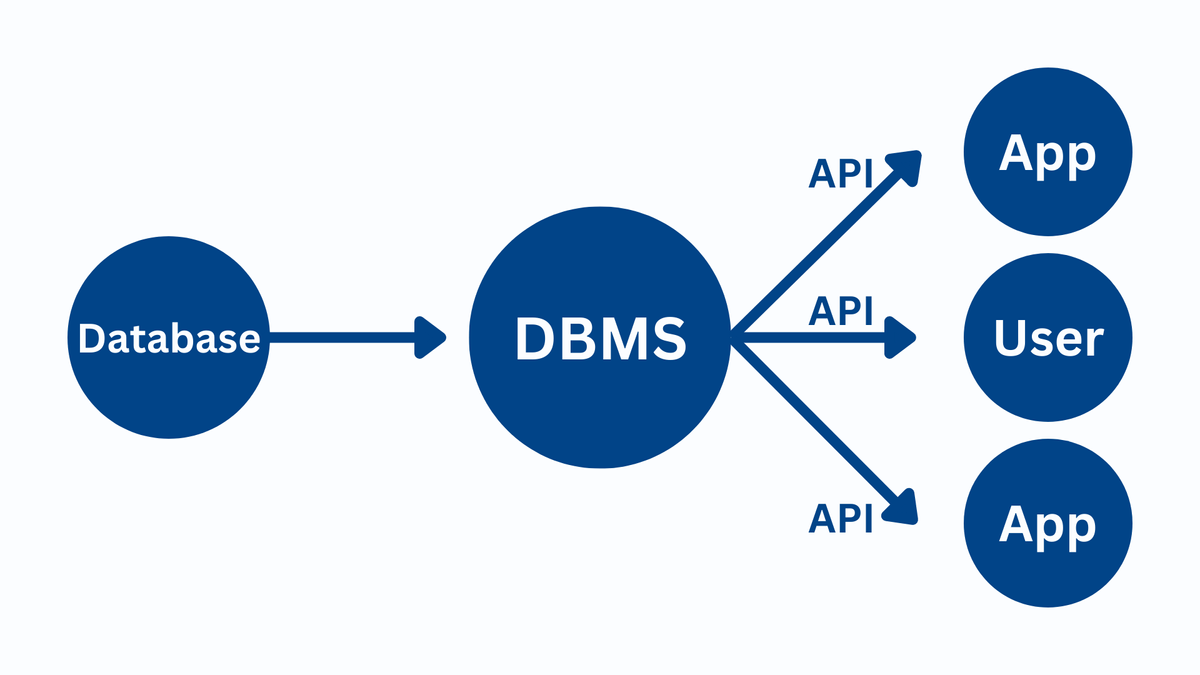Table of contents
Introduction
In today’s world, data is the most valuable asset for any organization, and the management of this data has become crucial. Database Management Systems (DBMS) play a crucial role in managing this data. In this article, we will cover the basics of DBMS, its types, benefits, and how it helps organizations make informed decisions.
What is a Database Management System?
A Database Management System (DBMS) is a software system that manages databases and enables the storage, organization, and retrieval of data. DBMS software interacts with end-users, applications, and the database itself to capture and analyze data. DBMS is responsible for creating, maintaining, and updating the database, ensuring data integrity, and managing security and access.

Types of Database Management Systems
Relational Database Management System (RDBMS)
RDBMS is the most popular type of DBMS. It uses a relational model to store data in tables with rows and columns. RDBMS systems are widely used in different domains like finance, manufacturing, healthcare, and education.
Hierarchical Database Management System
Hierarchical DBMS is an older type of DBMS used mainly in mainframe environments. Data is stored in a tree-like structure, and each record has a parent-child relationship.
Network Database Management System
Network DBMS is similar to hierarchical DBMS, but it allows each record to have multiple parent and child relationships. It is used in specialized applications like banking and telecommunications.
Object-Oriented Database Management System
Object-oriented DBMS is used for managing complex data structures like multimedia and scientific data. It stores data in objects and uses object-oriented concepts like encapsulation, inheritance, and polymorphism.
Benefits of Using DBMS
Data Integrity and Security
DBMS ensures data integrity by enforcing data constraints and preventing unauthorized access to the data. It provides mechanisms to ensure that data remains consistent and accurate.
Improved Data Sharing and Accessibility
DBMS provides a centralized location for storing data, making it accessible to different departments and applications within an organization. It improves data sharing and accessibility and reduces data redundancy.
Efficient Data Retrieval and Analysis
DBMS provides efficient ways to retrieve and analyze data. It enables complex queries and reports to be generated, helping organizations make informed decisions.
Scalability and Flexibility
DBMS systems can be scaled up or down as per organizational requirements. They provide flexibility to handle changing business needs and support the growth of the organization.
Conclusion
DBMS is a critical component of an organization’s information system infrastructure. It helps organizations store, manage, and analyze data efficiently, ensuring data integrity, security, and accessibility. DBMS provides several benefits, including improved data sharing, efficient data retrieval, scalability, and flexibility.
FAQs
What are the different types of DBMS?
There are four main types of DBMS: Relational Database Management System (RDBMS), Hierarchical Database Management System, Network Database Management System, and Object-Oriented Database Management System.
What are the benefits of using DBMS?
DBMS provides several benefits, including improved data sharing, efficient data retrieval and analysis, data integrity and security, and scalability and flexibility.
What is a relational database?
A relational database is a type of database that stores data in tables with rows and columns. It uses a relational model to manage and organize data.